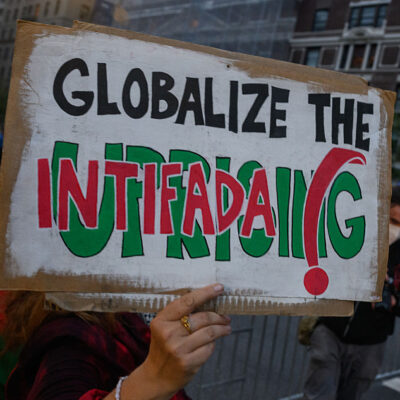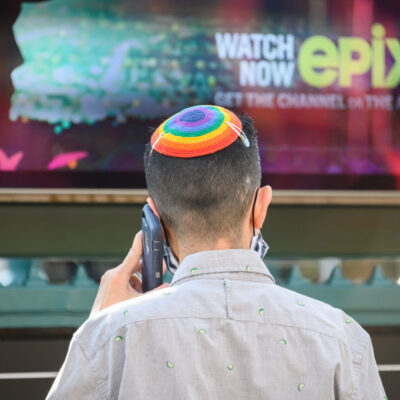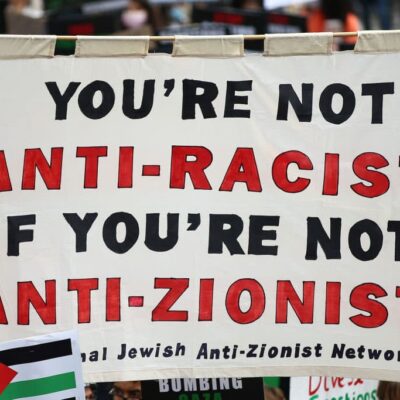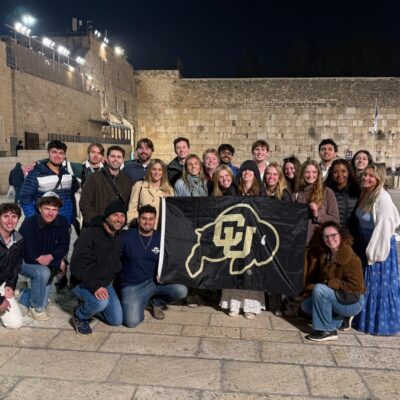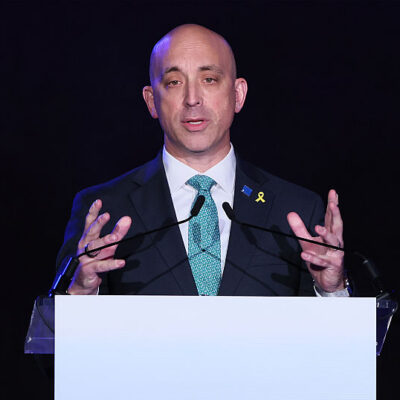Opinion
An Israeli Version of Repentance
By Prof. Yedidia Z. Stern
In Jewish tradition, the High Holy Days are considered a time of reflection and personal growth. Many Jews, not necessarily those who are religious, experience the spiritual process of repentance. This is an intimate journey; a person challenges oneself to be critical of one’s actions, identifies and admits the areas in which one has failed, and accepts upon him/herself not to repeat those same transgressions. One yearns to better oneself.
However, today, personal repentance is not enough. When Jews lived solely in the Diaspora they did not bear responsibility for the public sphere. But with the success of the Zionist Movement, since the Jewish people left the ghetto and founded the State of Israel, there needs to be a way to transform the Jewish traditions from the personal sphere to the public sphere. This is true for every issue, and it is especially true when it comes to repentance.
The weight of sovereignty is responsibility. Therefore, it is necessary to have a process, that is both painful and rewarding, of taking communal responsibility and repenting together in the collective Israeli sphere. If we choose to do this, then for what must the collective take responsibility this High Holiday season? For what sins should Israeli society repent?
At the top of the list are relations between diverse sectors of Israeli society. Many times, the various sectors attack one another, mock each other and define the other by its most extreme elements. That spreads hatred.
There is no shortage of examples:
In recent years, the ultra-Orthodox (Haredi) community has been going through a period of significant and positive change. There is a considerable rise in the number of Haredim joining the army. Thousands of Haredim join academic institutions and a modern Haredi middle class is being formed. Instead of encouraging this growth and bolstering the Haredim through this process of integration, we are busy demonizing them. We are comfortable attributing the actions of a small minority of Haredim to the collective. If some Haredi extremists spit on a young women in Beit Shemesh or curse a solider on a bus in Ashdod, we hurry to reinforce and remind society of a stereotype that is twisted – as if these individual actions were taken by all Haredim. We cannot ignore the fanatic fringe of the Haredi community, but it is twisted to paint an entire sector of 700,000 people as if they are all the fringe.
What about right-wing settlers? Some refer to them as a “cancer in the heart of the nation.” Those who commit the disgusting act of carrying out price tag attacks, burn mosques or attack our security forces require a focused and heavy-handed response. But these individual actions cannot be used to classify all of the settlers as law breakers who are destroying our country. How can hundreds of army officers from this community, people dedicate their heart and souls to the safety of the State, be forgotten by the actions of a few individuals?
There are also times that we choose to attack the Left. We assume the Left is anti-Patriotic; “Thy destroyers and they that made thee waste shall go forth from thee” (Isaiah 49:17). We act as if leftists are a danger to the State of Israel. When a leftist requests to advance liberal and universal values, there is an immediate assumption that this person is a self-hating Jew. The fact that the left is committed to what it feels is in the best interests of the Jewish people is not acknowledged by those who disparage them.
An Israeli style of repentance must also take into account those who live among us who are not Jewish. Steps must be taken to heal relations between the Jewish and Israeli-Arab populations. No, they are not Zionists. Their vision for the State of Israel is different from that of the Jews. Yet this heavy dispute cannot justify discrimination against them. When Arab citizens are stabbed with the skewer of Israeli hatred, this is racism.
How will we accomplish this collective repentance? The leaders of each of the above sectors must choose to distance themselves from the discourse of hatred. Imagine what would happen if in the Ten Days of Repentance the authentic leaders of each of these groups would publically remove themselves from the members of their groups that sit on the fringe. What would happen if in Bnei Brak a demonstration of thousands of Haredim took place, protesting the denigration of women and soldiers? What if in the Samarian settlement of Ofra a conference of religious Zionist rabbis came together to put out a halachic (religious law) edict against price tag attacks and for following the rule of law.
Imagine if in the Knesset there would be a meeting of all of the Zionist party heads who would determine that discrimination against Arabs must stop. Picture a gathering in Tel Aviv of our most well-known artists and performers, icons of the Israeli left, in which they would distance themselves from accusations against the Zionist movement that it is colonialist and instead add their signatures to our Declaration of Independence that states that Israel is a Jewish State.
All of these examples – and there are others – would be collective national repentance, Israeli style.
The natural unity between Jews in Israel relies upon a collective past. But in order to have a collective future, we must strengthen the collective present. The collective repentance that is required for this to occur is not just something that is permitted or even encouraged; rather it is a necessity for the protection of the future of the State of Israel.
Yedidia Stern is vice president of research at Israel Democracy Institute and Professor at Bar-Ilan University Law School.

 Add EJP on Google
Add EJP on Google


